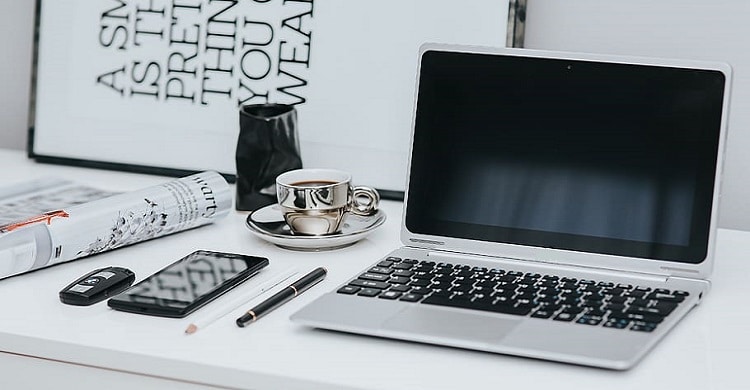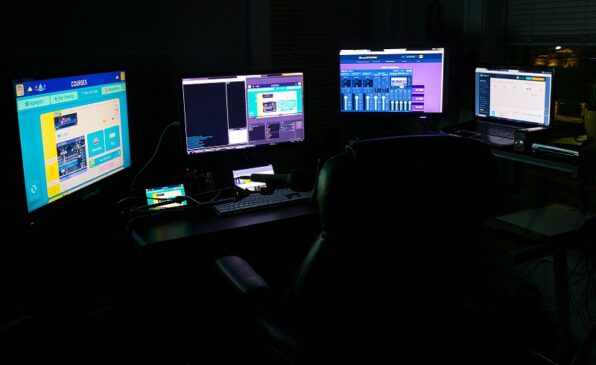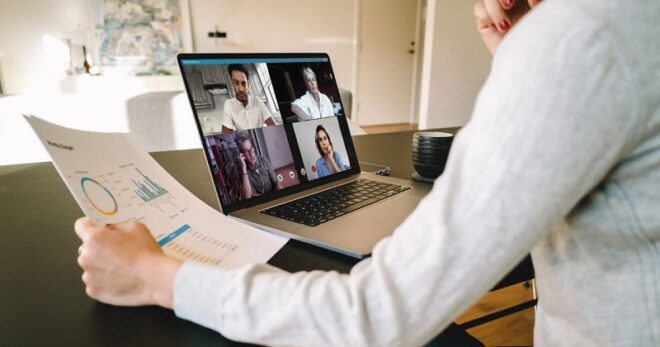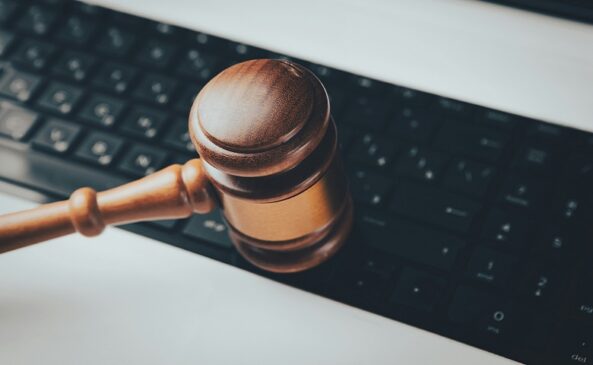Is Security For Your Electronics Important When You Work From Home?

TechsPlace | Security is one of the top things businesses priorities when it comes to their tech and electronic devices. Unfortunately, this does not remain a priority for people who work from home. There is a certain level of comfort that comes with working from your very own residence and most times, this false sense of security can make you careless when it comes to protecting your devices. The main question is “Is Security For Your Electronics Important When You Work From Home?”
To better understand why it’s important to secure your tech assets, you have to know the different risks that could potentially harm your work, your finances, and even your reputation.
Security Risks When You Work From Home
Just because you are working from home does not mean that you are completely safe from security threats such as cybercrime and data theft. Yes, you are in a private space and yes, you can control the people going in and out of your home. However, there are also certain disadvantages when you are not in a traditional office setting.
Malicious Emails
Do you know that 92.4% of malware is delivered to your laptop via email? Malware, short for malicious software, refers to harmful computer programs that sneak into devices without the user’s knowledge. They often come in the form of clickbait emails that are too hard to resist.
In many office settings, certain security measures are in place to protect the network and block malicious emails. When you’re at home, on the other hand, it is unlikely that you have such sophisticated measures. This makes you more vulnerable to malware attacks and data theft.
You might think that you will not be targeted because you are just a remote employee, however, cybercriminals can use your computer to gain access to corporate data from the companies you work for. Your personal financial information may also be at risk when you fall prey to malicious emails.
Using Unverified Software
Many employees who work remotely do not have the luxury of having an IT department to support them whenever they need a computer program or when something breaks down. Surely, you’ve experienced having to search for free software when you need a task done like converting documents into PDF or maybe using a free MP3 downloader.
While there are many free applications that are reliable and trustworthy, there are also so many downloadable and online programs that are jam-packed with malware. Using such programs and apps can compromise your data and your devices.
Before you download anything on your computer, ask an expert opinion or perform thorough research to ensure that what you’re downloading is safe.
Using Unsecured Wi-Fi Networks
Working from home does not always mean working from your personal residence. Many remote employees work out of coffee shops and co-working spaces. Sometimes, remote employees tend to check work tasks from their mobile devices when they are on the go. This is usually when many remote employees use unsecured Wi-Fi networks.
Connecting to free Wi-Fi spots is often irresistible. Have you ever connected to a free Wi-Fi network in a café to work on a project? Or maybe you took advantage of the free internet in a public space to send an email? Of course, why would you want to use your precious data when you can browse the internet for free?
The problem, however, is that many of these free networks are not secure. Anyone can connect to these networks, including cybercriminals. If you have sensitive company information on your devices, these data can be put at risk.
Physical Theft
If you live with other people like your friends or family members, you don’t really have any control whenever they have guests or visitors coming into your home. Unless you’re physically at your house 24/7, you can’t be slack about your electronics and just leave them lying around for anyone to access.
Even if you live alone, physical theft can happen if you live in an unsafe neighborhood. It can also occur if you carry your devices when you’re on the go and leave them unattended in a public place or your car.
How to Secure Your Electronics When Working From Home
Securing your electronics is very important when you work from home because these devices are your tools to perform your tasks effectively. If they get compromised or if they break down, this can affect your productivity and can even result in financial and professional consequences.
Here are some easy-to-follow tips to keep your electronics secure.
Install Anti-malware Protection
This may seem like a very basic way to protect your electronics, but believe it or not, having a basic program is much better than leaving your machine unprotected. This can protect your computer from attacks coming from malicious emails and unverified software.
Regularly Back-up Your Data
When your device is compromised, one of the most frustrating things is not being able to access your data. You can avoid this problem by always making sure that you maintain a regular backup of your data.
Maintaining a backup is now possible and more affordable even for individuals as they can use economical solutions such as cloud storage. Another advantage of this is that using cloud storage can protect you from ransomware and other types of malware that could damage your data.
Secure Your Physical Space
It is important to apply physical security measures in the space where you keep your work devices inside your home. If you live with other people, keep your electronics in a safe place that has a physical lock or in a separate room that cannot be accessed by house guests.
Even if you live alone, be mindful of random people who come into your house. Do not keep your password cheat sheet lying around or your computer switched on when you leave the house or when you’re in a public place like a hotel or a cafe.
Making Security a Priority
Even if you work from the privacy of your own home, there are still security threats that can threaten your electronics and tech devices. It is critical to be mindful and implement security measures to keep your work, your devices, and your personal data safe.
This article is contributed by guest author on techsplace.com.





